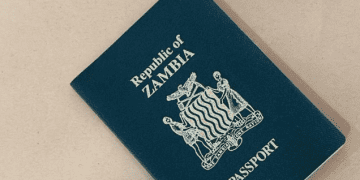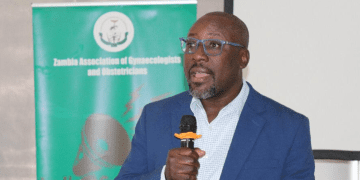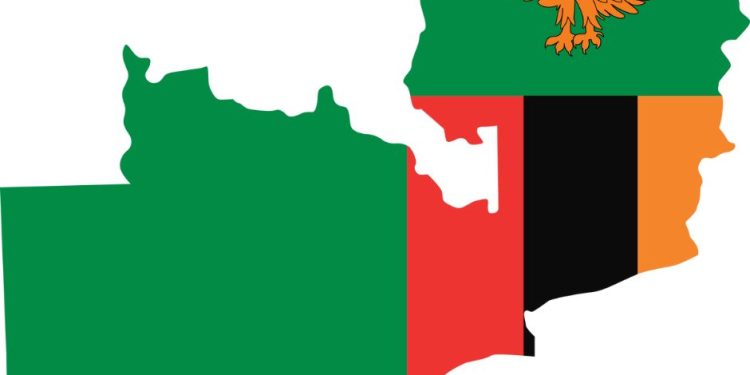Melo Media | Sunday, November 3, 2024 | Lusaka
In a thriving democracy, the role of opposition political parties is crucial. In Zambia, as in many other democratic nations, the opposition is not merely there to oppose everything the government does. Instead, their role is to provide constructive criticism and offer alternative solutions to the challenges the government faces. This approach not only strengthens the democratic process but also ensures that the government remains accountable and responsive to the needs of the people.
One of the primary roles of the opposition is to hold the government accountable. This involves scrutinizing government policies, decisions, and actions to ensure they are in the best interest of the public. By doing so, the opposition helps to prevent the abuse of power and corruption, fostering a culture of transparency and integrity within the government1.
The opposition serves as a voice for those who may not be adequately represented by the ruling party. They bring to light the concerns and grievances of various segments of society, ensuring that diverse perspectives are considered in the policymaking process. This inclusivity is essential for a balanced and fair governance system1.
Rather than opposing for the sake of opposition, a responsible opposition party offers viable alternatives to government policies. This involves conducting thorough research, consulting experts, and engaging with the public to develop well-informed solutions. By presenting these alternatives, the opposition can influence government policy in a positive direction, leading to better outcomes for the country2.
The presence of a strong opposition encourages healthy debate and discussion on key issues. This dynamic exchange of ideas helps to refine policies and ensures that they are robust and effective. It also educates the public on various policy options and their potential impacts, fostering a more informed and engaged citizenry1.
A vibrant opposition is a cornerstone of democracy. It ensures that power is not concentrated in the hands of a few and that there is always a check on the ruling party. This balance of power is essential for the protection of democratic values and the promotion of human rights3.
In conclusion, the role of opposition political parties in Zambia is not to oppose everything the government does but to offer alternative solutions to the problems the government faces. By holding the government accountable, voicing the concerns of the people, offering alternative solutions, enhancing policy discourse, and promoting democratic values, the opposition plays a vital role in ensuring good governance and the overall development of the country

















